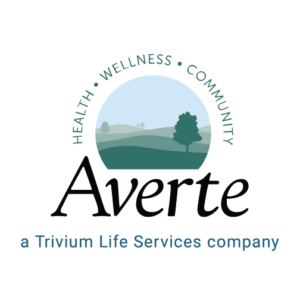IPS Program
Averte is proud to be part of the Individual Placement and Services (IPS) program through Dartmouth Hospital. An IPS representative works with our program weekly to assist with vocational desires. Below is an excerpt from the latest Natalia mental health foundation newsletter featuring Dr. Jennifer McLaren.
|
|
|
|


